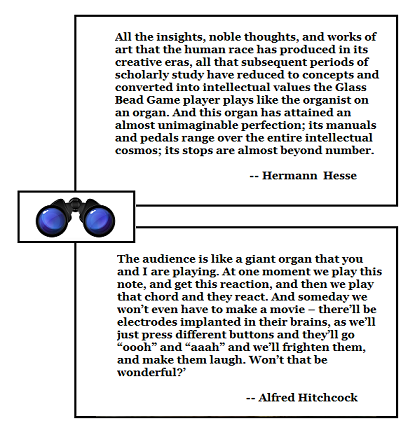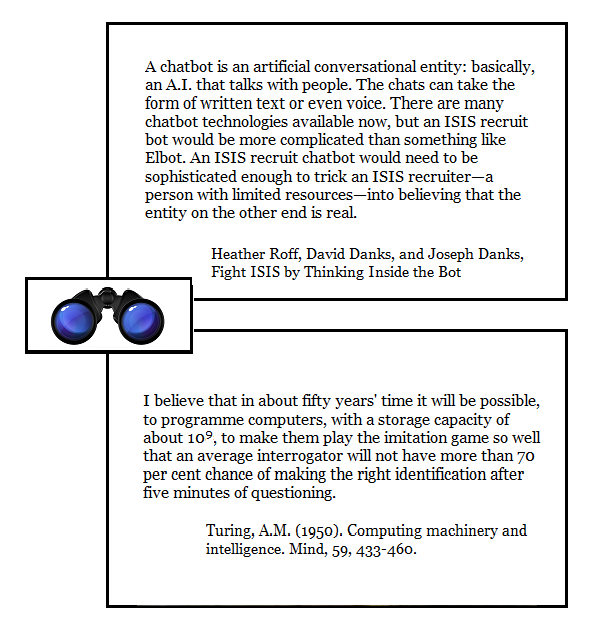Istigkeit, approximately
Saturday, April 16th, 2016[ by Charles Cameron — classification, impropriety, and a concept pretty much unique to Meister Eckhart ]
.
First, here’s what I call a DoubleTweet, juxtaposing two tweets for the resonance between them — and juxtaposing two thoughts for the resonance between them is about as simple a way of demonstrating the whole being greater than the sum of its parts as I can think of.
Take 1, Obama is slippery with words:
In Playbook: Obama, re Hillary email: ‘There’s classified, and then there’s classified’: https://t.co/CTp8Hn8X5l pic.twitter.com/bvRdwxmwmj
— Mike Allen (@mikeallen) April 10, 2016
Take 2, the Europeans outbid and finesse him:
Best excuse ever for failing to respond to a terrorist threat that you were literally emailed about in advance. pic.twitter.com/vHASPbCSD7
— Gartenstein-Ross (@DaveedGR) April 15, 2016
I don’t actually know if you can outbid and finesse while playing Bridge, but you can in metaphor.
**
There was also a DoubleQuote that sprang to mind, but Patti Brown got to it first, so I’ll just copy her tweet here:
.@POTUS "There's classified and then there's classified." .@billclinton ""It depends upon what the meaning of the word 'is' is."
— Patti Brown (@pattibrown) April 12, 2016
Lawyers — the Clintons & POTUS.
Compare philosophers, poets, native speakers, natural language processors.
**
Also worth taking into consideration here:
Mark Stout, War on the Rocks, Were Hillary Clinton’s emails classified? Where you stand depends on where you sit:
the uproar about the Clinton email server ignores the reality that, for very good reasons, the CIA and the State Department have different approaches to classification and classified information. These different approaches result from the different functions of the agencies.
Cory Bennett, The Hill, Clinton emails reveal murky world of ‘top secret’ documents:
The watchdog [IG] said it found a number of Clinton’s emails that currently contained “classified intelligence community information.” But the State Department has said it did not consider that language classified at the time those emails were sent.
Both sides can be correct, said several former officials.
And that’s enough hipbonish excitement for one post.





